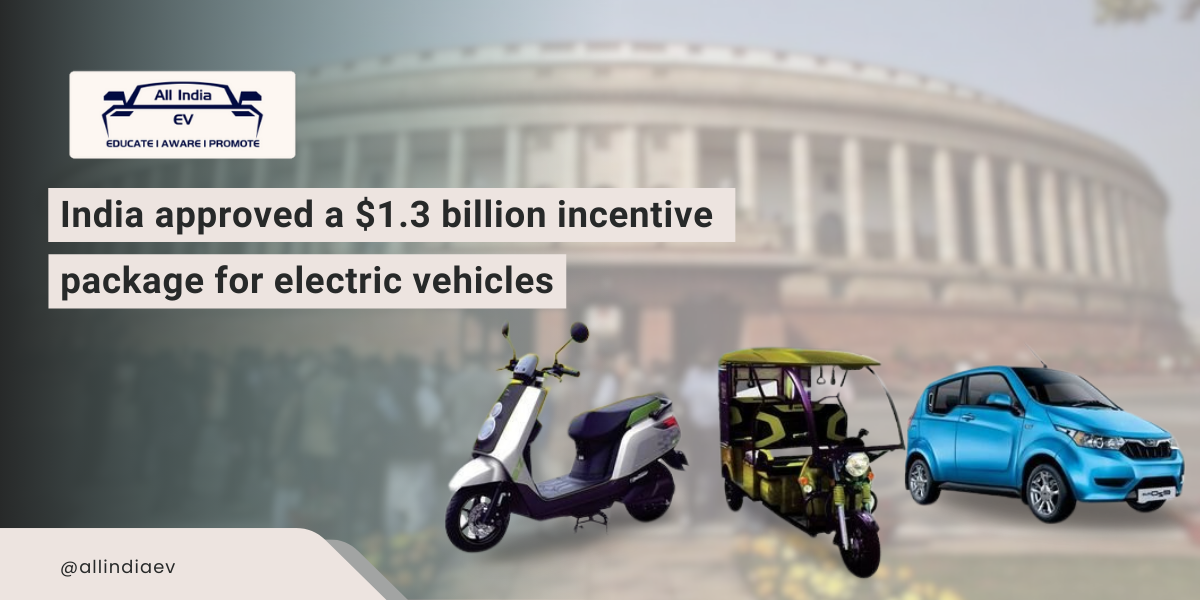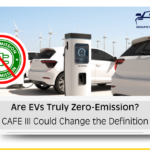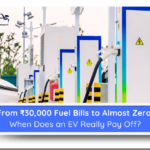
India Boosts EV Adoption with $1.3 Billion Incentive
In a significant step towards reducing pollution and transitioning to a greener future, the Indian government has approved a substantial incentive scheme for electric vehicles (EV). The PM E-DRIVE (Electric Drive Revolution in Innovative Vehicle Enhancement) initiative, unveiled on September 11, will allocate a staggering 109 billion rupees ($1.3 billion) to promote the adoption of EVs across the country.
The scheme will offer substantial subsidies for various types of electric vehicles, including two-wheelers, three-wheelers, ambulances, and trucks. E-two wheelers, e-three wheelers, and e-ambulances will receive subsidies of 36.79 billion rupees, while e-trucks will be eligible for 5 billion rupees in incentives. Additionally, the government has allocated 5 billion rupees for the deployment of e-ambulances, a first-of-its-kind initiative.
India Offers $65 Million Incentive for Truck Replacement
To further accelerate the adoption of EVs, the government has also announced a 5 billion rupee incentive for the replacement of older, polluting trucks with electric models. This move is expected to significantly reduce air pollution in India, where trucks are a major contributor to emissions.
While the government has not explicitly mentioned cars in the initial announcement, it is likely that the scheme will eventually extend to this segment as well. To support the growing EV market, the government has also set aside 43.91 billion rupees for public transport agencies to purchase 14,028 electric buses.
In line with the government’s push for EVs, Road Transport Minister Nitin Gadkari has urged carmakers to establish vehicle scrapping centers. This initiative aims to remove polluting vehicles from the roads, thereby boosting the demand for new, cleaner models. While electric cars currently account for less than 2% of India’s car sales, the government’s ambitious target is to increase this share to 30% by 2030.
The PM E-DRIVE scheme will also focus on enhancing charging infrastructure across the country. By investing in charging stations, the government aims to address one of the key barriers to EV adoption. Furthermore, the scheme will promote research and development of new EV technologies, fostering innovation and driving advancements in the sector.
Overall, the Indian government’s $1.3 billion incentive scheme for electric vehicles represents a significant commitment to a cleaner and more sustainable future. By providing substantial subsidies, supporting infrastructure development, and promoting technological innovation, the government is creating a favorable environment for the growth of the EV market in India.








